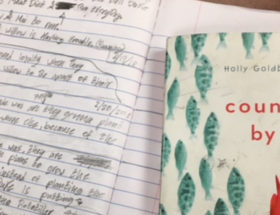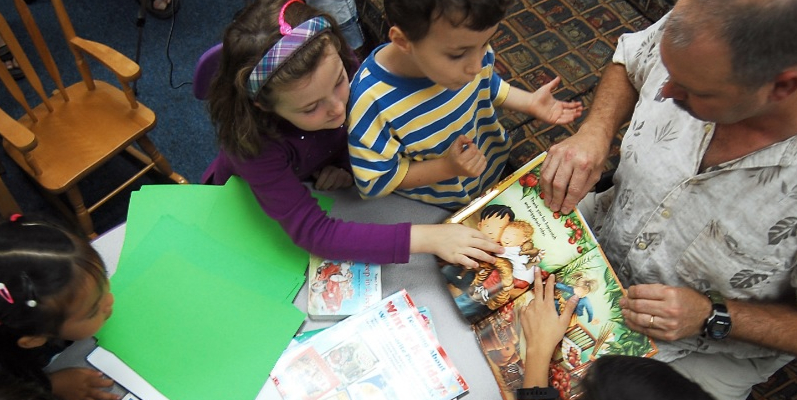Who knew that Jim Cramer, host of CNBC’s show, Mad Money would speak truth to this 30 year veteran educator?
Cramer, who is co-founder of TheStreet, Inc., a best-selling author, with previous experience as a stockbroker and hedge fund manager, has something to say to those of us in education. And what he says is worth our time and serious reflection.
Discipline trumps conviction.
When Jim Cramer began his career, he admits he didn’t care for rules.
“He believed that either they couldn’t really help, or they would cut his upside and prevent him from making more money. After getting burned too many times, he learned the value of discipline. ‘The rules protect you against your own bad judgment about what’s going on…’ the host said.”
OK, I don’t get the stuff about cutting his upside, but needing rules to protect my own poor judgement totally resonates.
We Need Rules to Protect Us from Educational Malpractice
I still remember the meeting where a campus leader shared a stack of data collection tools with us that had come straight from Pinterest. Yep, I said Pinterest.
We are professionals, ladies and gentleman.
I’m not saying that educators out there in the field aren’t designing top-notch tools that can help us to do our job, but those resources for the weighty work of data collection and analysis shouldn’t typically come from a social media web application.
Could we all just take a moment to think about the implications of using resources from social media rather than a highly respected, research based source? Could we also commit to doing the hard work of searching out peer reviewed, credible sources as the foundation for our work with students?
I know we believe, or feel that Pinterest and other sites like Teachers Pay Teachers give us a quick and easy fix, but we owe it to kids, parents and our profession to be diligent in our pursuit of high-quality, research based sources to guide our practice.
Can we be disciplined enough to do the hard work of reading professional journals, attending conferences, seeking out research for the problems for which we seek solutions? A conviction that the cute, color-coordinated, printed-on-cardstock tools I can get online does not attest to authentic, proven practice.
Discipline trumps conviction.
We Need Rules to Protect Us from Gut Feeling Decision Making
In my work across the years as an instructional coach and now as a literacy consultant, I’ve often been in meetings with teachers and campus leaders as we talk about individual kids. “I just feel like he *insert student name* doesn’t know how to read because his parents never help him at home.”
Or, “She *insert student name* really needs to be pulled out of my room for reading support because she just can’t focus. She doesn’t know her first 100 sight words and doesn’t use the decoding strategies we’ve worked on in class.”
In response to the above scenario, I remember a time when a close look at a recent assessment of a student’s reading ability indicated that they indeed used strategic actions to decode and to comprehend, but read a little slower than other students–this information not at all what was felt to be true about the reader. More time reading independently and a few well-chosen fluency strategies as personal goals for the student would helped to improve their reading. We were able to avoid sending them from the room to be drilled on isolated skills.
Formal assessment and progress monitoring tools can help us avoid relying on our feelings about students and lead us to wise, data-driven decisions that inform individual goal setting for kids. A closer look at trends across the class data, supports making well-informed decisions about instruction for all students. We can (and should) be released from making ill-advised decisions based on how we feel about something.
Discipline trumps conviction.
I know as educators that we care about kids. We want our students to be successful and go on to have the quality of life we all aspire to. But I also know that teacher burnout is a real thing.
The aim of this little tirade is not to shame.
My honest-to-goodness intention is to refocus my own attention (and hopefully others as well) on a re-commitment to choosing discipline over my own faulty convictions or a better term here–feelings. I want to be known by peers, parents and even students as that educator who worked her tail off pursuing excellence on behalf of kids.
Won’t you join me in that pursuit?
Discipline trumps conviction. Every. Single. Time.











Yes, discipline (and hard work) trumps conviction. Repeating it louder, in 24 point or bold print does not make conviction stronger.
Great post!
Thanks, Fran!